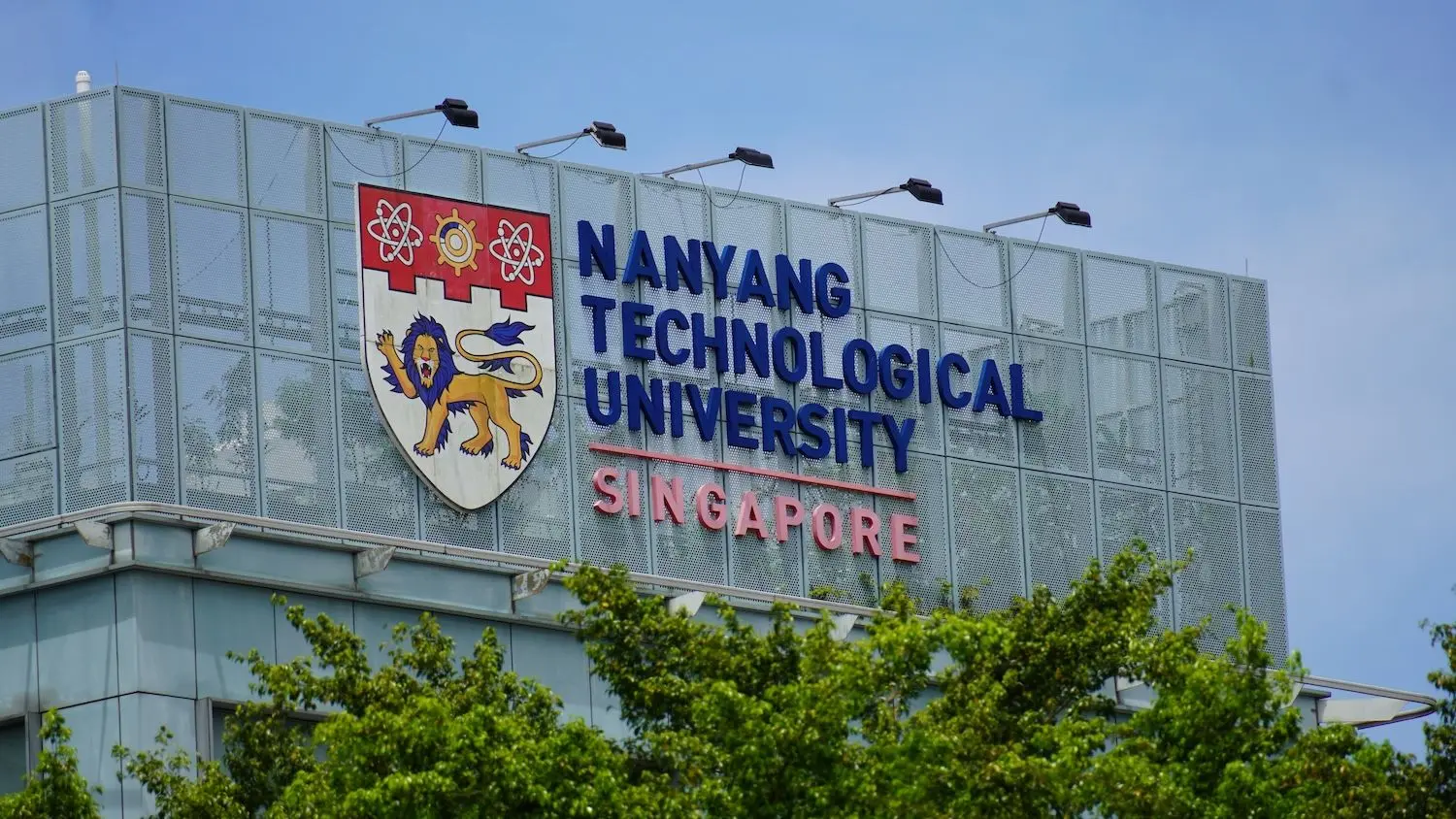Nanyang Technological University and Zero Gravity, a decentralized AI infrastructure company, announced Monday a S$5 million joint research hub developing AI systems where computational processes can be verified on blockchain.
The four-year initiative will focus on decentralized AI training, blockchain-integrated model alignment, and proof-of-useful-work consensus mechanisms that reward contributors for computing resources and data.
This marks Zero Gravity's first university partnership globally.
Unlike conventional AI systems that operate in closed servers where training data and inference processes are not publicly visible, the blockchain-based approach will record each step from training to output on distributed ledgers, enabling external verification and auditing.
"By partnering with NTU, we are aligning with a global leader in blockchain and computing research to move beyond centralized AI monopolies," said Michael Heinrich, CEO and co-founder of Zero Gravity. "Together, we will build an open ecosystem where developers, institutions, and communities can contribute, verify, and audit."
The research teams, led by NTU Associate Provost Wen Yonggang and Zero Gravity CTO Ming Wu, will develop decentralized computing architectures and AI marketplaces.
Early proof-of-concepts are expected within two years, targeting applications in finance, healthcare, and infrastructure. Zero Gravity recently secured over $325 million in committed funding, including a $40 million seed round led by Hack VC with participation from Delphi Ventures, OKX Ventures, Samsung Next, and Animoca Brands.
NTU's College of Computing and Data Science will provide research leadership in scalable model training and blockchain-enabled security frameworks.
The partnership will include workshops, hackathons, and student scholarships.
The initiative positions Singapore as a potential hub for transparent AI development amid increasing regulatory scrutiny of closed AI systems.
Whether blockchain infrastructure can match the computational throughput and cost-efficiency of centralized AI training systems operated by major technology companies remains to be demonstrated through the research program's pilot applications.
NTU Vice President Louis Phee stated the collaboration aims to "design a next-generation AI stack that enables global participation and transparency."



